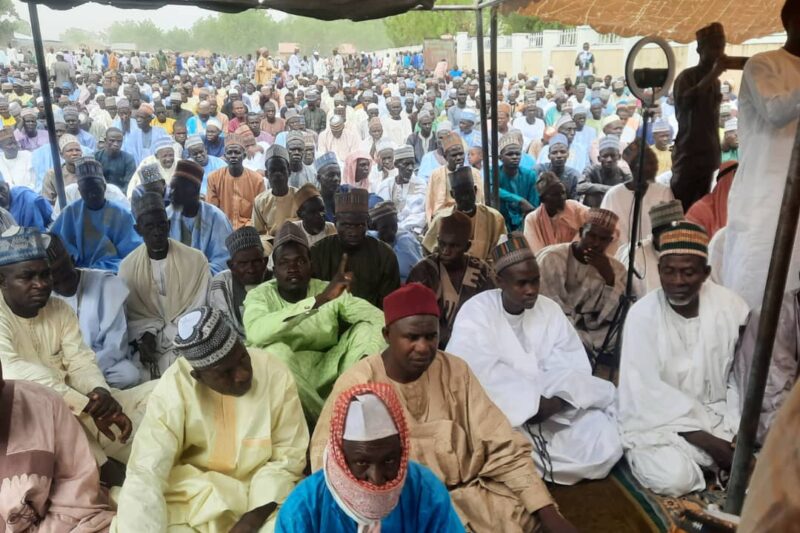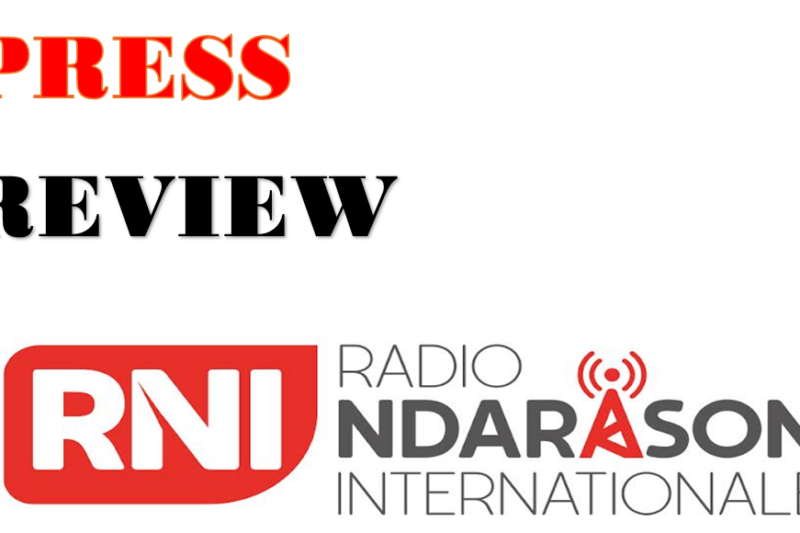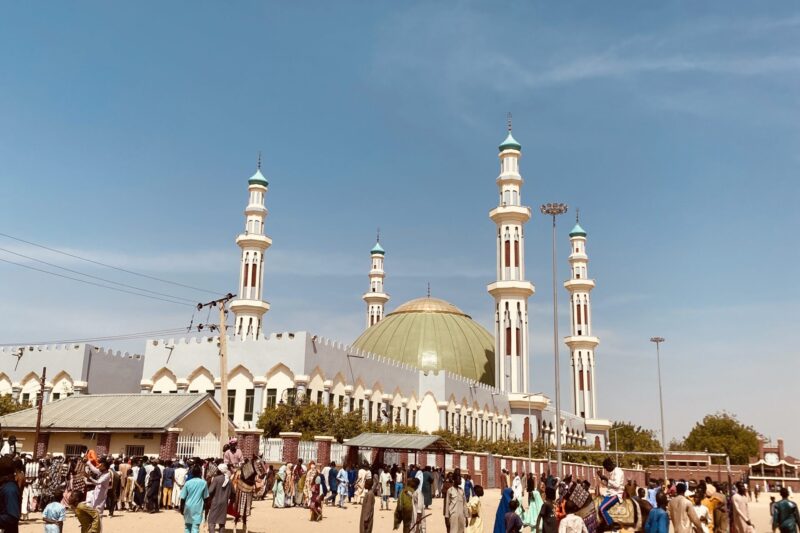Because of the unprecedented food crisis affecting more than 8.7 million people in Burkina Faso, Mali, Niger and Mauritania, the European Union (EU) has allocated €15 million in additional humanitarian funding to the Sahel countries.
The EU said in a press release issued on Wednesday, December 22, that the number of people suffering from the food crisis in the four countries was record high compared with previous years. It said initial estimates pointed to a major food crisis during the 2022 lean season, the period between harvests that usually lasts from May to August.
The World Food Programme (WFP) had also reported critical funding gaps affecting its ability to assist people during the lean season.
This funding was in addition to the €54 million already allocated this year to the four Sahelian countries for food and nutrition: Burkina Faso received €19.7 million, Mali €15 million, Mauritania €6.9 million and Niger €12.3 million.
The additional funds would help scale up life-saving assistance for the most vulnerable people in need, mainly people affected by conflict and insecurity and those forced to flee their homes. This funding would address the most acute needs in food and nutrition and would contribute to an early response to reduce the effect of a major humanitarian crisis in 2022, the EU said.
In 2021, the EU allocated a total of €237.4 million to the Sahel. Part of this funding was used to help tackle the food crisis in the region, now in its fourth consecutive year, mainly affecting people in conflict-hit areas. EU humanitarian assistance supports people affected by conflict and insecurity, providing them with shelter, emergency food and nutritional aid, access to healthcare and clean water, to treatment for malnourished children and protection for the vulnerable.
In addition, EU funding ensures safe access to education for the children affected by armed conflicts, it said.
Janez Lenarčič, the commissioner for crisis management, said: “Earlier this year, the EU reaffirmed its commitment to the Sahel region and reiterated the importance of our partnership with the region. The additional humanitarian aid … is an indication of our readiness to help meet the growing needs – and funding shortfalls – in Burkina Faso, Mali, Mauritania and Niger, and provide assistance to the most vulnerable members of the population in the Sahel.”
Humanitarian needs in the Sahel (Burkina Faso, Cameroon, Chad, Mali, Mauritania, Niger and Nigeria) were rising because of the increasingly violent conflicts, deep poverty, climate change and the unprecedented food insecurity and malnutrition.
In addition to the socioeconomic effects of COVID-19, weak health systems were increasingly strained and humanitarian needs were growing, the EU said.








